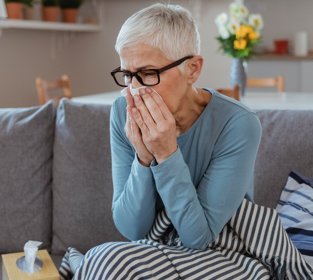What to do medical emergency
Call 911. Walters advises being safe rather than sorry. It's preferable for 911 to receive an excessive number of calls, he claims. "Paramedics are frequently called to a home for what the neighbors believed to be an emergency just to find out everyone is alright. There is never any animosity toward that. The duty of a paramedic includes anticipating that. If we were contacted too late and things had already gotten out of hand, we would much rather arrive and find the person at home in excellent health." Be composed. All of us have heard tales about the Good Samaritan who is struck by a car while attempting to assist another person. "Things are almost more complicated by adding a new accident or victim than by staying out of it. You shouldn't assist if you can't do so securely "Walters explains to WebMD. "It's important that you maintain your composure, make sure you're not endangering anyone else or yourself, and then try to assist." begin CPR. A dispatcher can order someone to perform CPR even if they have never attended a CPR training, according to Walters. "Many 911 operators are certified to provide CPR instruction over the phone. Chest compressions can be performed even without mouth-to-mouth. It is preferable to doing nothing." Emergency: fainting and dizziness. You can be in an airport or watching a game. A man claims to be unwell. "You should call 911 if he tells you — a complete stranger — that he feels weak, unwell, or dizzy," advises Walters. "He needs to see a doctor." These symptoms can have a variety of medical causes, including heart disease, diabetes, low blood sugar, pregnancy, heart attacks, or even the effects of heat. As you hold out for the paramedics to arrive:
Verify your level of awareness: Elda Ramirez, RN, MSN, FNP, CEN, professor and division head of emergency care at The University of Texas School of Nursing at Houston, suggests asking, "Are you OK?" "Ask "Do you know where you are?" if they respond. Determine your level of orientation by asking questions. If they stop responding, feel for their pulse and look to see if they are breathing. You need to find assistance if you're on your own." Check your breathing by listening for nasal breathing and observing the rise and fall of your chest. Check your pulse at your wrist or neck. You should remain at their side to provide support if they are breathing and have a pulse. Once more, 911 can assist you in learning how to take someone's pulse.
CPR should be started if the patient is not breathing and has no pulse.
Ensure the patient's comfort: "Move this person to a shaded area if they have been outside in the heat. Pour some water over their skin if they're perspiring "Ramirez explains to WebMD. People who are very young or elderly are more susceptible to heat-related illnesses. She advises giving them fluids to drink if they are awake. Chest pain is an emergency. Assume a heart attack is taking place if someone grips their chest and says, "My chest hurts." According to Ramirez, until proven differently, chest pain is a sign of a heart attack. In the ER world, we view it that way. A heart attack can occur in a 17-year-old. A heart attack can happen to anyone.
Call 911 as a course of action. then assess your circulation, breathing, and airway (ABC). Do they have breath? Have they got a pulse? Otherwise, begin CPR.
People become terrified if they don't know CPR and don't want to act inappropriately, adds Ramirez. "If someone is not breathing, the most crucial thing to do is to position their head with their chin up, remove their tongue out of theIf the airway is clear, begin chest compressions.
This article from The Cleveland Clinic provides more details on how to handle a heart emergency, including information about AEDs.
